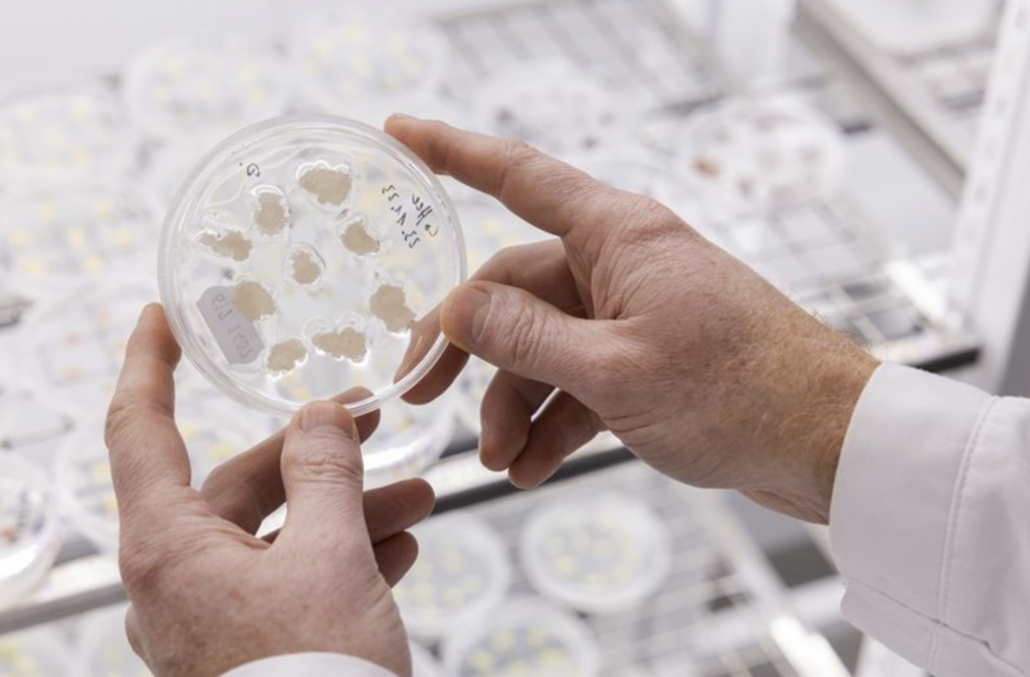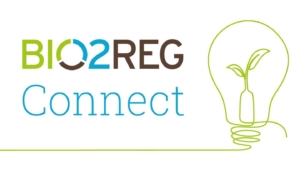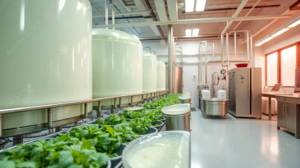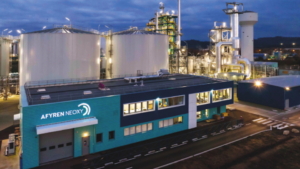
Production process for cell-based coffee published
Scientists led by Heiko Rischer from the Finnish research centre VTT have published the proof of concept for cell-based coffee production.
Given the high environmental costs of producing 10 million tonnes of coffee per year, scientists have been considering biotechnological production processes since 1974. The Finnish team led by Dr Heiko Rischer, who reported on coffee production from roasted coffee leaves two years ago, has now provided proof of concept for the process and had their cell-based coffee tasted. Similar research by the VTT team with cocoa is already being commercialised by the company Fazer. However, the Finns have nothing to do with the cell-based coffee production process of the French start-up Stem SA (Paris).
In the Journal of Agriculture and Food Chemistry, Rischer and colleagues have now published the process of cell cultivation, including the metabolic and sensory analysis of the product by a group of tasters. This also includes the change in flavour during the roasting process, the caffeine content, the taste analysis and the sensory profiling by a group of tasters.
Rischer and his team see their biotechnological process, in which the cells are roasted instead of the green coffee beans, as an alternative to traditional coffee cultivation. This yields up to two harvests per year, while a batch of cell-based coffee can be cultivated in reproducible quality under controlled conditions within a month.
As with cocoa, the path to optimisation and EU approval of the more sustainable coffee is a long one: “It’s one thing to grow coffee cells in a bioreactor,” says Rischer. “Turning it into a commercially viable product is a completely different matter. The raw material, which comes from different varieties and species, the soil, the altitude, the climate and even the year in which the respective coffee beans were grown, as well as the roasting, fermentation and brewing processes are all factors that influence the end product. While lab-grown coffee is much easier to control, different processes, such as roasting, have a significant impact on the flavour profile of the coffee, which is crucial for the consumer.”mHe and his colleagues hope that the publication of their scientific article will spur the creation of an ecosystem that has the resources, expertise and motivation to develop a completely new way of producing coffee.
French start-up Stem SA from Paris has already shown that this is also possible on a cost-covering basis: In contrast to culture media for cell-based meat, the cost of culture media for coffee plant cells is not hundreds of euros, according to Stem, but just €10 per litre, or €5 per litre after scaling up. Biotechnological coffee production could help improve the required land use, the CO2 and water footprint of coffee production and save transport costs.


 BIOCOM / aminul788 - Adobe Stock
BIOCOM / aminul788 - Adobe Stock adobe.stock.com - Cathy
adobe.stock.com - Cathy Afyren Group
Afyren Group